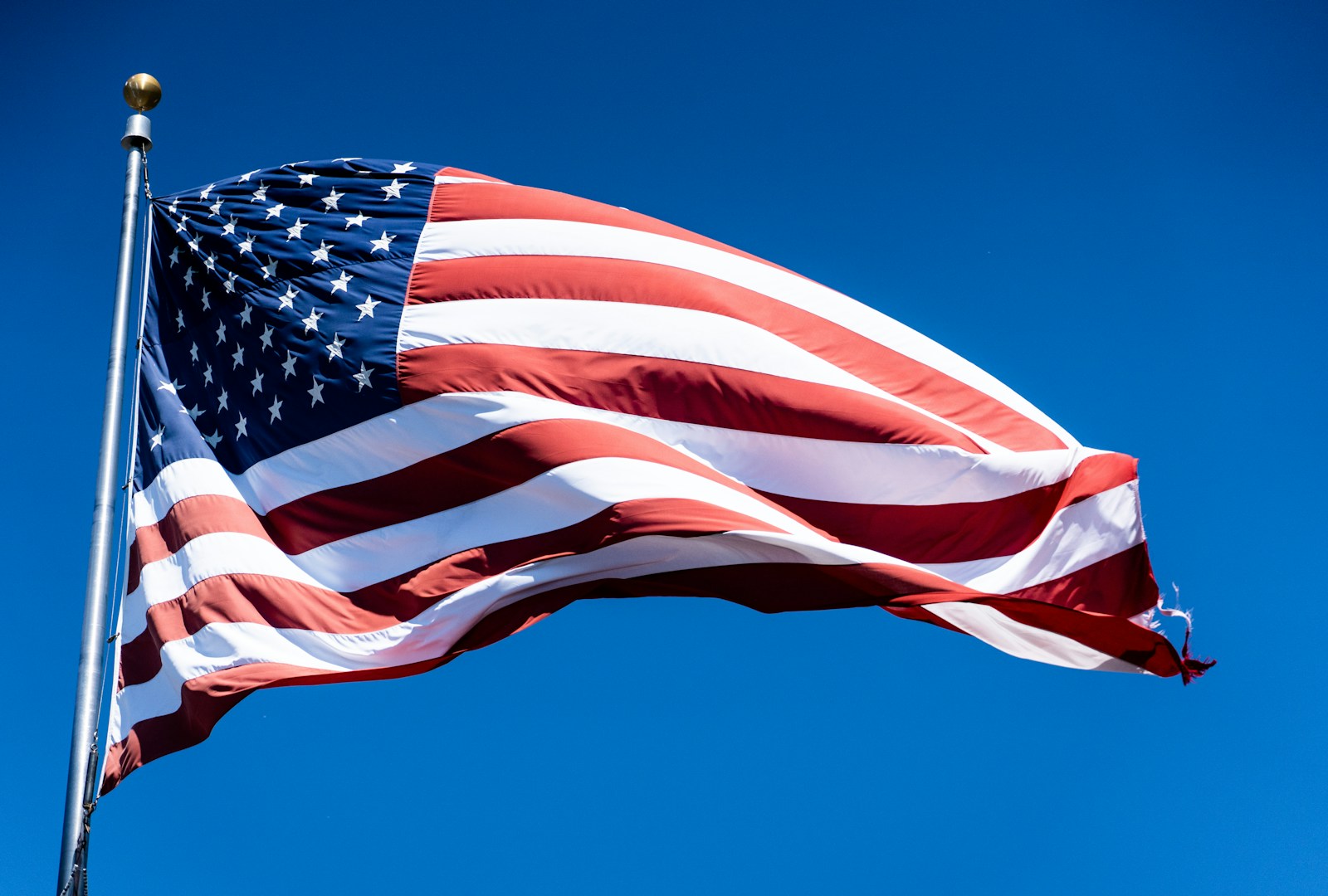Key Takeaways
- Jeannette Rankin of Montana won election in 1916.
- She became the first woman elected to the U.S. Congress.
- Her victory inspired the fight for women’s voting rights.
- Rankin’s legacy still shapes politics today.
Jeannette Rankin’s Bold Victory in History
In 1916, Jeannette Rankin made history in Montana. She ran for the U.S. House of Representatives. Against odds, she won her race. Therefore, she became the first woman in Congress. Before this, only men served in either chamber. Moreover, her win surprised many political leaders. Voters cheered her message for peace and reform. Then, she took her seat in Washington. As a result, the door opened for other women. Today, Jeannette Rankin’s name stands for courage and change.
Why Jeannette Rankin’s Win Changed Politics
Jeannette Rankin’s election reshaped how people viewed women in government. Her success raised hope for the women’s suffrage movement. Moreover, leaders used her victory to push for a national voting amendment. Because of this, Congress passed the 19th Amendment in 1919. Furthermore, her presence showed that women could win tough races. In addition, she fought for labor rights, child welfare, and world peace. Thus, she set a new standard for public service. Jeannette Rankin’s win changed politics by adding a vital new voice.
Early Steps and Education
Jeannette Rankin grew up on a ranch in Montana. She studied at university and learned to teach. Later, she moved east to join the women’s rights movement. There, she spoke at rallies and wrote articles. She also learned organizing skills from fellow reformers. These experiences shaped her political vision. Consequently, she returned to Montana with a strong plan. She believed that states could grant women the vote. Thanks to her efforts, Montana women won that right in 1914.
Challenges in the Campaign
Jeannette Rankin faced many hurdles on the campaign trail. Critics said a woman could not handle politics. They questioned her ability to serve in Washington. However, she spoke calmly about real issues. She talked about fair labor laws and social reforms. Then, she promised to end the U.S. involvement in war. Voters, tired of conflict, listened closely. Moreover, she campaigned in small towns and big cities. She shook hands, held meetings, and delivered speeches. Ultimately, her message won trust. Even skeptics praised her honesty and clear vision.
Life After Congress and Legacy
After her first term, Jeannette Rankin stayed active in public causes. She led campaigns for peace and social justice. In 1940, she again won a seat in the House. There, she cast a lone vote against entering World War II. Many criticized her stance, but she stood firm. Throughout her life, she inspired women nationwide. Today, schools, awards, and public programs honor her name. Moreover, many female lawmakers cite her as an example. Therefore, her impact lives on. Jeannette Rankin’s story shows that one person can spark lasting change.
Inspiring a New Generation
Young people study Jeannette Rankin’s courage in class. They learn that political barriers can fall. Consequently, more women run for office each year. They believe that public service suits anyone dedicated to help others. For example, students form debate teams to discuss gender and politics. They also volunteer for campaigns that promise reform. Thanks to Rankin’s example, they feel empowered to lead. Therefore, her legacy builds new leaders across the nation.
Looking Forward
Today’s politicians face many challenges, such as climate change and social inequality. However, Jeannette Rankin’s life reminds us of core values. She showed that persistence and honesty can open closed doors. In addition, she proved that the electorate respects clear goals and integrity. Thus, her story still matters. As we seek diverse voices in government, her trailblazing win offers guidance. Indeed, Jeannette Rankin’s achievement stands as proof that courage yields progress.
Frequently Asked Questions
What made Jeannette Rankin’s election so historic?
In 1916, she broke the all-male barrier in Congress. Her victory proved women could serve at the highest level.
How did Jeannette Rankin prepare for her political career?
She grew up in Montana, studied at university, and joined the women’s rights movement. These experiences shaped her public service goals.
What issues did Jeannette Rankin focus on in Congress?
She championed labor rights, child welfare, and peace efforts. She also fought for women’s voting rights nationwide.
How does Jeannette Rankin’s legacy influence politics today?
Her win inspired the suffrage amendment and opened doors for women in government. Many female leaders still cite her example. Source: https://www.nydailynews.com/2025/11/07/today-in-history-november-7-first-woman-elected-to-congress/
